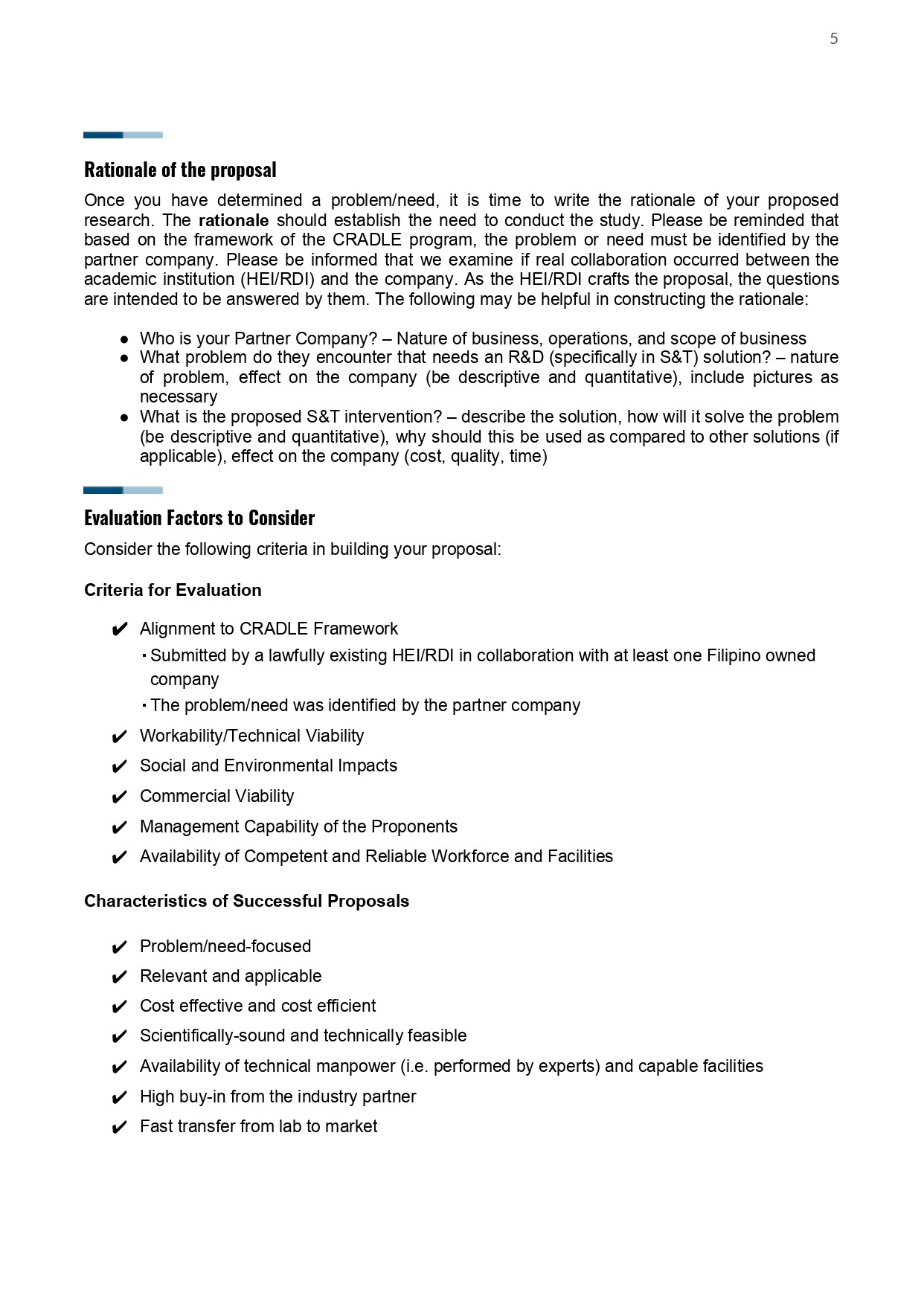The Department of Science and Technology (DOST) did not waste time to deliver urgent researches and services to prevent the spread of the Covid-19 pandemic in 2020. At the same time, it also did not fail to pursue its research and development (R&D) programs and projects despite the pandemic.
Besides these huge responsibilities, the DOST also implemented other tasks that complemented its R&D programs: its international S&T linkages.
The DOST achievements in 2020 were contained in the report, “Leading science, technology and innovation for Inclusive Growth and Development in the time of Covid-19.”
The Science department, through its Office for International Cooperation, led by Assistant Secretary Dr. Leah J. Buendia, facilitated the harnessing of international relations for the country’s S&T.
Agreements on S&T
In the past year, through its international linkages, the DOST signed five agreements with bilateral partners. At the same time 18 agreements are currently in the pipeline for negotiations, the report said.
The five signed agreements are:
Ratification of the S&T agreement between the Philippines and the United States of America
Memorandum of understanding on S&T in health between Philippine Council for Health Research and Development, University of the Philippines Manila, and London School of Hygiene and Tropical Medicine
Memorandum of agreement with the Royal Academy of Engineering
Operational Alliance Agreement with the British Council, and
Co-sponsorship agreement between the DOST and US National Institute of Allergy and Infectious Diseases.
Scientific meetings and conferences
To harness its international relations, the DOST officials and Filipino scientists and experts participated in at least 40 bilateral and multilateral scientific meetings and ministerial conferences, the report added.
In these meetings, DOST representatives delivered the country’s positions and statements related to science, technology, and innovation (STI).
The country, through the DOST, also provided inputs to multilateral joint statements of solidarity, declarations, resolutions, and proposals.
With the DOST’s continued leadership and active participation in these multilateral activities, the Philippines was once again elected to the United Nations Commission on Science and Technology for Development effective January 1, 2021.
“All these have put the country as a steady figure in multilateral STI negotiations, particularly in the ASEAN, Asia-Pacific Economic Cooperation, and the United Nations, where the Philippines has regained stronger recognition as a more active and stronger partner in regional and international STI initiatives,” said Science Fortunato T. de la Peña.
Strategic partnerships
Strategic partnerships with bilateral partners have evolved to a higher plane that included joint research and capacity-building programs that aim to contribute in improving the Philippines’ STI standing in the international community, according to the report.
These include:
The DOST is coordinating the implementation of six joint research projects.
These include the DOST-Japan Society for the Promotion of Science Joint Scientific Research Program, the Manila Economic and Cultural Office (Meco)-Taipei Economic and Cultural Office in the Philippines (Teco) Joint Scientific Research Program, the Meco-Teco VOTE Initiative, the Meco-Teco Hat Initiative, and the Newton-Agham Joint Research Program.
This year, DOST also welcomed a new joint research program with the People’s Republic of China.
Through these grants, the DOST brings together local and foreign researchers to work on a specific project and allow them to share ideas and resources.
De la Peña said the Science department “hopes to bridge Filipino experts to opportunities for global research collaboration” that are aligned with the Harmonized National R&D Agenda.
Scholarships
The international links also brought home six joint scholarship programs, including the Newton-Agham PhD Scholarship with six new scholarships granted this year by the British Council, the report said.
There are also 24 scholars under the Asean Scholarship with two students who graduated this year.
Partnerships for the Fondazione Italiana Fegato (Italian Foundation for Liver Study) with two ongoing scholars was also maintained.
Two new scholarship programs also started last year. They were the University of Alberta Graduate Scholarship Program and the PhilFrance DOST Scholarship.
However, due to the pandemic, the Philippine partners have postponed some activities for the scholarships.
Meanwhile, the Meco-Teco Sandwich Program has 11 new scholars awarded last year.
At the same time, nondegree capacity-building activities, including the Leaders in Innovation Fellowship under the Newton-Agham Program, as well as the participation of Filipino students, researchers, and faculty members of Philippine higher education institutions in capacity building programs of DOST’s bilateral and multilateral partners were also undertaken during the year.
“These programs support DOST’s efforts to develop a strong cadre of scientific talents that will work for the STI in the country,” de la Peña said. (Written by: Lyn Resurreccion)













